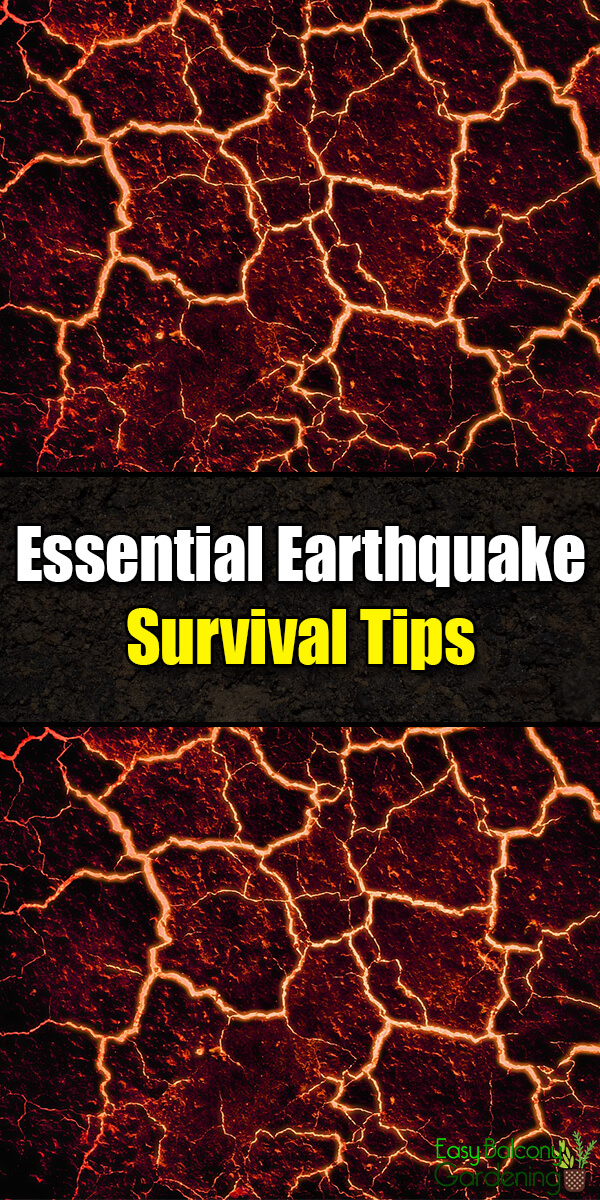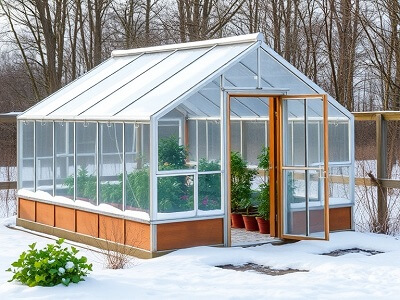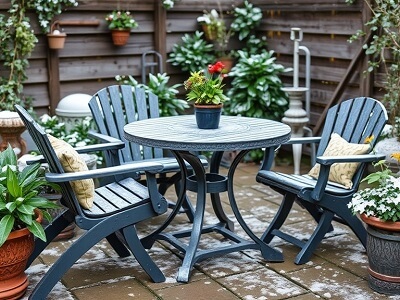The information below on earthquake is through the courtesy of the Hyrum 9th Ward, The Church of Jesus Christ of Latter-Day Saints, Hyrum, Utah.
What to Remember During an Earthquake
- Remain calm.
- Know what to do when the earthquake begins: drop, cover, and hold on.
- Stay indoors until the earthquake stops and you are sure it is safe to exit.
- Stay away from windows.
- Expect alarms and sprinkler to go off if you have them.
- If you are in bed, hold on and stay there, protecting your head with a pillow.
- If you are outdoors, find a clear spot away from building, trees, and power lines. Drop to the ground.
- If you are in a car, slow down and drive to a clear place as described above. Stay in the car until the earthquake ceases.
- Stay away from damaged areas unless your assistance has been specifically requested by police, fire, or relief organizations.
What to Do After an Earthquake
Expect some aftershock, and be prepared for them. These aftershock waves are usually less violent than the main earthquake, but can be strong enough to do additional damage to weakened structures.
If You Must Go Out After an Earthquake
- Watch for fallen objects, downed electrical wires, weakened walls, bridges, roads, and sidewalks.
- Areas hit by an earthquake are always covered with fallen debris and broken glass. Be sure to wear sturdy shoes.
- To reiterate: stay away from damaged areas unless your assistance has been specifically requested by police, fire, or relief organizations.
Attending to the Injured in an Earthquake
- Check for injuries.
- Do not attempt to move seriously injured persons unless they are in immediate danger of death or further injury.
- Stabilize the neck and back first, then call for help immediately.
- If the victim is not breathing, carefully position the victim for artificial respiration, clear the airway and start mouth-to-mouth resuscitation.
- Maintain body temperature with blankets. Be sure the victim does not become overheated.
- Never try to feed liquids to an unconscious person.
Safety in Your Home in an Earthquake
- It is not uncommon during an earthquake for electricity to go out. Use flashlights or battery powered lanterns. Do not use candles, matches, or open flames indoors due to possible gas leaks.
- Check your home for structural damage. If you have any doubts about safety, have your home inspected by a professional before entering.
- Check chimneys for visual damage. Have a professional inspect the chimney for internal damage before lighting a fire.
- Open cabinets cautiously. Beware of objects that can fall off shelves.
- Clean up spilled medicines, bleaches, gasoline and other flammable liquids. Evacuate your home if gasoline fumes are detected and the house is not well-ventilated.
- Visually inspect utility lines and appliances for damage.
- Shut off water supply at the main valve if the water pipes are damaged.
- Do not flush toilets until you know that sewage lines are intact.
If an Earthquake Caught You at Work
- If you smell gasoline or hear a hissing or blowing sound, open a window and leave.
- Shut off the main gas valve, and report the leak to the gas company from the nearest working phone. If you have a working cell phone, use it.
- If you shut off the gas supply at the main valve, you will need a professional to turn it back on.
- Switch off electrical power at the main fuse box or circuit breaker, if electrical damage is suspected or known.
- As with homes, shut off water supply at the main valve if the water pipes are damaged. Do not flush toilets until you know that sewage lines are intact.
- Stay out of the building.
Remember the first thing we should keep in mind when in an earthquake is to try and keep calm!







